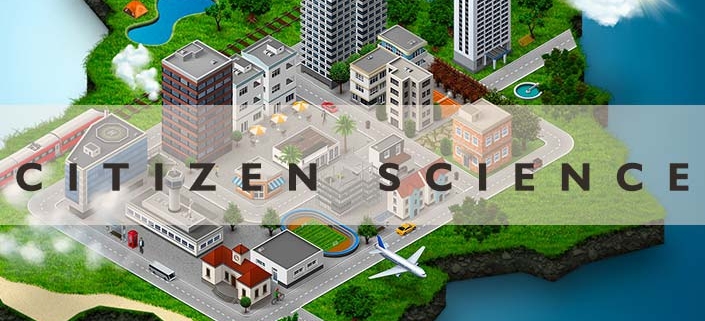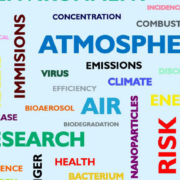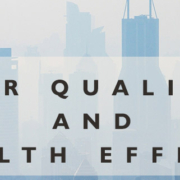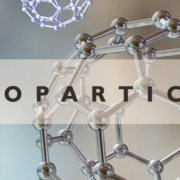Citizen Science
Involving communities in the collection of scientific data (CITIZEN SCIENCE OR COMMUNITY SCIENCE) has been demonstrated to be one of the most effective methods to increase community engagement around environmental issues such as air quality and atmospheric pollution. Communities and scientists mutually benefit in participatory-based research improving the knowledge about local data and extending the monitoring network beyond what is feasible for regulatory air quality stations.
The new generation of low-cost, highly portable air quality sensors opens an exciting opportunity for people to use this technology for a wide range of applications. The potential uses include: research studies aimed at discovering new information about air pollution, personal exposure monitoring, supplementing existing state/local monitoring area to fill in coverage, source identification and characterization, education and information/awareness conducting citizen science projects to measure air quality.
Air pollution sensors are still in early stage of technology development, and challenges ahead must be addressed in better evaluating their performances under “real-life” conditions, developing new technological solutions and deploying adequate air pollution sensors to intended applications.
the potential uses including: research studies aimed at discovering new information about air pollution, personal exposure monitoring, supplementing existing state/local monitoring area to fill in coverage, source identification and characterization, education and information/awareness conducting citizen science projects to measure air quality.
Air pollution sensors are still in early stage of technology development and challenges ahead must be addressed in better evaluating their performances under “real-life” conditions, developing new technological solutions and deploying adequate air pollution sensors to intended applications.

Recently EPA (Environmental Protection Agency) scientists developed the AIR SENSOR TOOLBOX (https://www.epa.gov/air-sensor-toolbox), a very useful Guidebook for Citizen Scientists, Researchers and Developers interested in new sensor technologies for air quality measurements.
We are interested to cooperate closely with communities, researchers and stakeholders to develop, improve and test air quality sensors and their potential applications that can positively contribute to air pollution control and air quality management.







